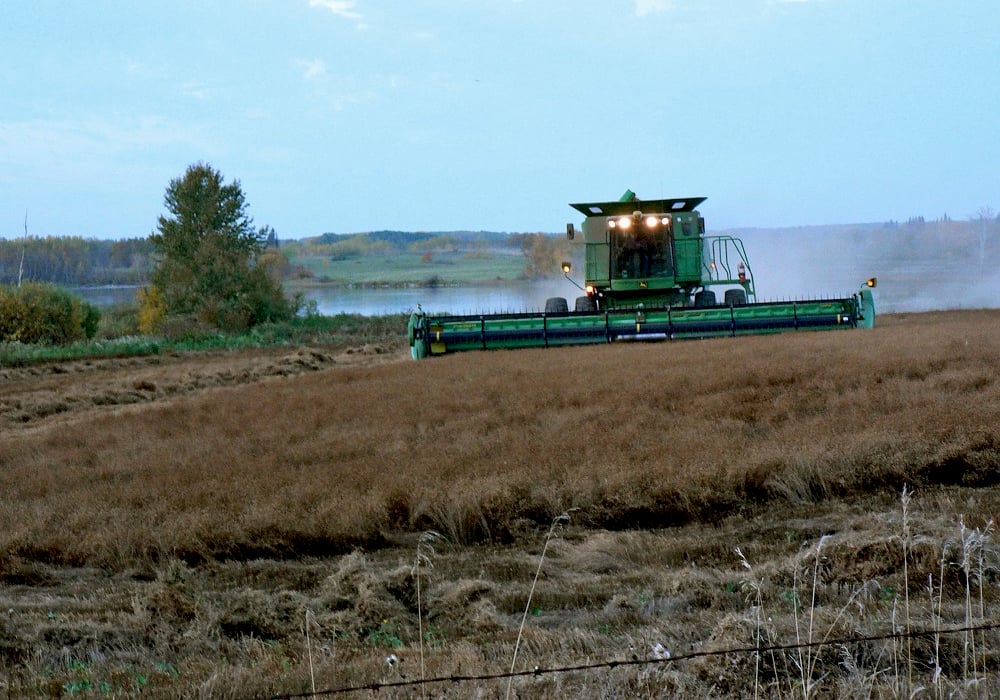SAO PAULO, (Reuters) – The area in Brazil to be planted with soybeans in the 2019-20 season, which starts this month, will grow by the slowest pace in 13 years as a global trade war and swine fever in China cloud the outlook for farmers, according to analysts at AgRural.
The agribusiness consultancy expects Brazil’s planted soy area to expand just 1.1 percent to 36.3 million hectares, well below the average annual growth of 5.2 percent over the past decade.
Their projection cuts against expectations from some that China’s tariffs on U.S. soy would trigger a surge in new plantings in Brazil, which has seen peaks of Chinese demand as trade tensions mounted with U.S. President Donald Trump.
Read Also

Most of Manitoba harvest wraps up for 2025
Manitoba Agriculture issued its final crop report of 2025, showing the overall provincewide harvest at 97 per cent complete as of Oct. 20. Nearly all major crops have finished combining, with 37 per cent of Manitoba’s sunflowers finished, plus 71 per cent of grain corn and small amounts of soybeans and potatoes left to do.
While some in Brazil have profited from a weaker exchange rate and port premiums over benchmark prices in Chicago, not all farmers have been able to benefit.
“In some regions farmers pay for inputs in dollars, and they lock in the price of the soy in dollars to avoid exchange rate risk,” said AgRural analyst Adriano Gomes.
An outbreak of swine fever has hurt Chinese demand for soy, which is used in animal feed, and trade tensions have driven U.S. inventories to a record high, weighing on the Chicago benchmark that many in Brazil use for soy futures contracts.
Brazilian soybean exports are down 11.4 percent in the first eight months of the year, compared to the same period of 2018, according to government data.
All of that is likely to weigh on farm expansion in Brazil’s agricultural frontiers such as the northern part of Mato Grosso state and the northeastern Matopiba region, Gomes said.
Some environmentalists have warned that the unchecked growth of Brazilian farm country is encroaching on vulnerable ecosystems such as the Amazon rainforest, where a recent surge in wildfires has been linked to deforestation.
Major trading firms in Brazil have vowed not to buy soy from land deforested in the Amazon rainforest after 2008. Industry group Abiove said the areas leading a spike in forest fires this year have little role in Brazil’s soy output.














